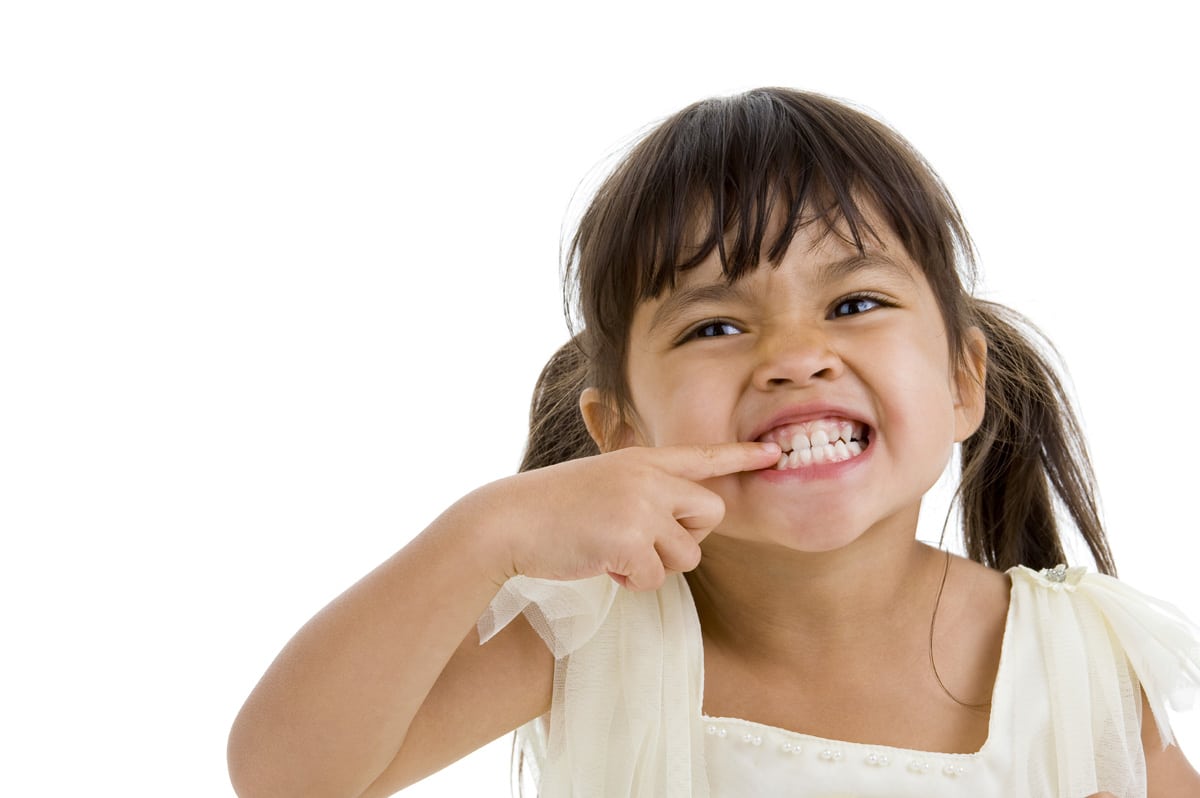
There are many myths and misconceptions about the dental needs of young children. Since milk teeth are temporary, parents may think that their kids do not need to see a dentist. This is not true. Most dental and medical associations recommend that a child visits a dentist before their 1st birthday, as tooth decay can occur even when the milk teeth is developing. Baby teeth play an important role in speech development, proper nutrition, proper spacing for permanent teeth and the overall health of the child.
Here are some Do’s and Don’ts for your child’s first dental visit.
Do’s:
- Try to familiarise your child with the dental clinic. This can be done either by taking the young child along to a family member’s routine appointment, or reading a book about their favourite character going to the dentist.
- Try to talk about the dental appointment in a positive, matter-of-fact way. Be low-key and try to treat the visit as routine. Answer your child’s questions honestly, but not too specifically. The dentist will have specials words and ways of explaining things.
- Let your child go alone if they are comfortable. In some instances, children will behave better when their parents are not in the room.
- Appointments earlier in the day are often better for children. They are able to cooperate better when they are well rested and alert.
- Try playing ‘dentist’ with your child. You can take turns counting each other’s teeth as you shine a light on them.
- Try not to worry and be patient if your child is not cooperative. It may take more than one visit to complete a task.
- Be sure to tell the dentist about any special needs or medical problems your child may have, such as allergies, asthma, heart conditions, or diabetes. Be sure to bring inhalers or other such items to the appointment if they are needed on a regular basis.
Don’ts:
- Don’t bribe or threaten your child into going to the dentist.
- Don’t use the dental visit as a punishment. Try not to use visiting the dentist as a threat when the child refuses to brush their teeth or misbehaves. Try not to make the dentist visit into something scary. Dental care is something that will help your child.
- Don’t let anyone tell your child scary stories about dental visits.
- Don’t let the child know if you may feel anxious about going to the dentist.
- Don’t make the dental visit a highlight of the day. Try to make it seem like a routine part of the day.
- Avoid saying negative words like needles, pain, poke, drill, jab, or phrases like ‘it won’t hurt’, ‘it won’t be that bad’, or other such statements.
- Don’t expect perfect behaviour. Children may be fearful, shy, or misbehave. With routine appointments, the child will usually begin to settle in the dental setting.
Author: Dr. Sara Song Ok
